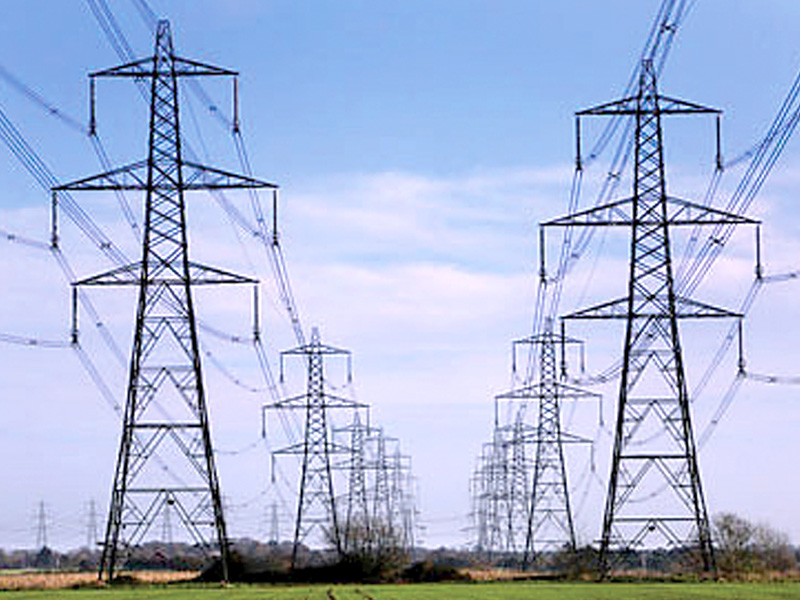
The Peshawar Electricity Supply Company (Pesco) was restrained from collecting the surcharges by the division bench of Justice Yahya Afridi and Justice Irshad Qaiser as it heard petitions filed by 528 consumers. They included domestic users and consumers from the Pakistan Textile Mills Association and CNG filling stations.
Through their counsel Shumail Ahmad Butt, the petitioners named National Electric Power Regularity Authority (Nepra), Pesco and Central Power Purchasing Agency (CPPA) as the respondents.
Butt told the court that industrial units and domestic users were currently paying the neelam jhelum, debt, fix (repairs) and equalisation surcharges in their monthly bills. He added these surcharges were added to the bills under section 31(5) of the Nepra Act.
Section 31(5) states, “Each distribution company shall pay the federal government such surcharge as the federal government, from time to time, may notify in respect of each unit of electric power sold to consumers and any amount paid under this subsection shall be considered as a cost incurred by the distribution company to be included in the tariff determined by the authority.”
Butt contended that the section was included in the Nepra Act through the Finance Bill 2008, which was illegal. He pointed out the law stated that power distribution companies could not impose surcharges on consumers unless approved by the Council of Common Interests (CCI).
After hearing the initial arguments, the division bench issued a stay order and restrained Pesco from collecting the surcharges from domestic consumers and industrial units till further orders.
The petition filed by 528 users stated the government contended that equalisation surcharges were imposed for line losses. The petitioners added it was illegal to take the same from consumers regularly paying their monthly bills.
“No one knows where the surcharges are spent, but it seems like a tax charged only by the K-P government,” the petition said. “The law is clear on the issue.” It further says that if the government wants to impose any types of taxes on the consumers, it needs to take approval of parliament which was not taken in this case.
Published in The Express Tribune, January 23rd, 2015.











COMMENTS
Comments are moderated and generally will be posted if they are on-topic and not abusive.
For more information, please see our Comments FAQ